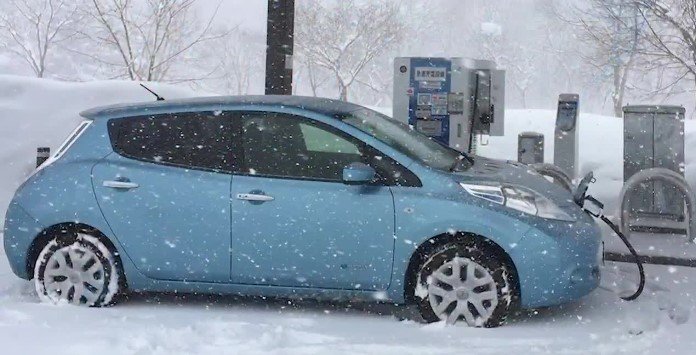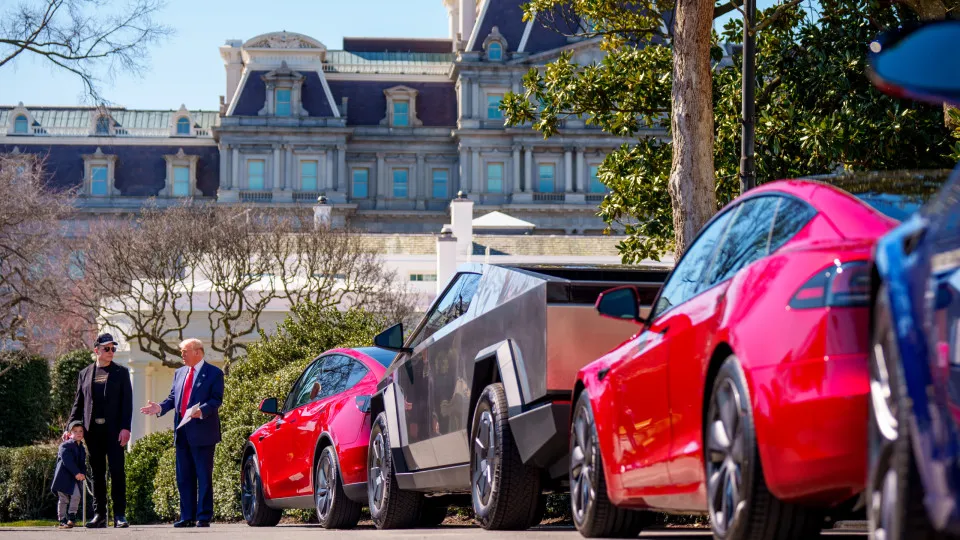AUTONEWS
 Why do not electric cars like the cold?
Why do not electric cars like the cold?
Get ready for a real surprise if you're thinking of traveling with your electric car to snow destinations like the Serra da Estrela, the Pyrenees or the Sierra Nevada. With low temperatures, electric vehicle batteries can lose up to 41% of their capacity!
Now this is perhaps not new to you. After all, anything that works with batteries or accumulators in negative temperatures tends to lose more capacity. Examples are clocks and mobile phones.
The explanation for this phenomenon is that any battery depends on the chemical reactions that take place inside it, where the electrons migrate from one electrode to another. Do not think it's a cabal against electric cars!
In this way, when temperatures are lower, these reactions become slower and, in turn, reduce the battery's ability to provide energy.
Study shows the relationship between temperature and autonomy
Recently, the United States Automobile Association (AAA) shared a study demonstrating this phenomenon. For a temperature of 20 ° Fahrenheit (about -6.7 ° C), an electric car loses about 41% of its autonomy capacity if it is used for ventilation, heating or air conditioning. In reality, electric vehicles lose autonomy as the need to maintain a comfortable temperature inside the car "steals" the electricity that would be intended to propel the vehicle.
This study also concluded that when compared to an ambient temperature of 24ºC, the battery of an electric car loses about 12% of autonomy, if it operates at -6.7ºC. On the other hand, if the outside temperature is at 34 ° C, the autonomy is reduced by 4%.
But in summer, although temperatures are high, there are also breaks of autonomy around 17%, since air conditioning is used to design cold. In energy terms, the production of cold is less demanding than the production of heat.
Models of electric cars used in the study
The AAA team analyzed five electric vehicles: BMW i3S, Tesla Model S 75D, Nissan Leaf, Chevrolet Bolt and Volkswagen e-Golf.
Going 384 km with temperatures of 24ºC, the model Tesla Model S 75D, its autonomy lowered to 341 km. After activating the heating, it decreased to 238 km. Now, made the accounts and, although Tesla contest the results of this study, were 146 km less autonomy.
The Chevrolet Bolt and BMW i3S models performed the worst. The BMW model lost 50% in low temperatures and 21% in high temperatures. On the other hand, the Chevrolet model lost 46% in cold weather and 19% in high temperatures (34 ° C).
The Nissan Leaf is the electric car that dealt best with the adverse situations, losing 31% (low temperatures) and 12% (high temperatures). For the Volkswagen e-Golf which lost 37% in cold weather and 18% in hot weather, Model S was close enough (38% and 16%, respectively).

Nenhum comentário:
Postar um comentário